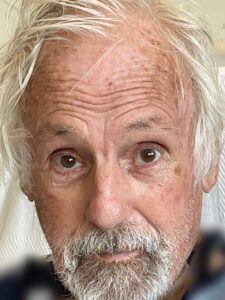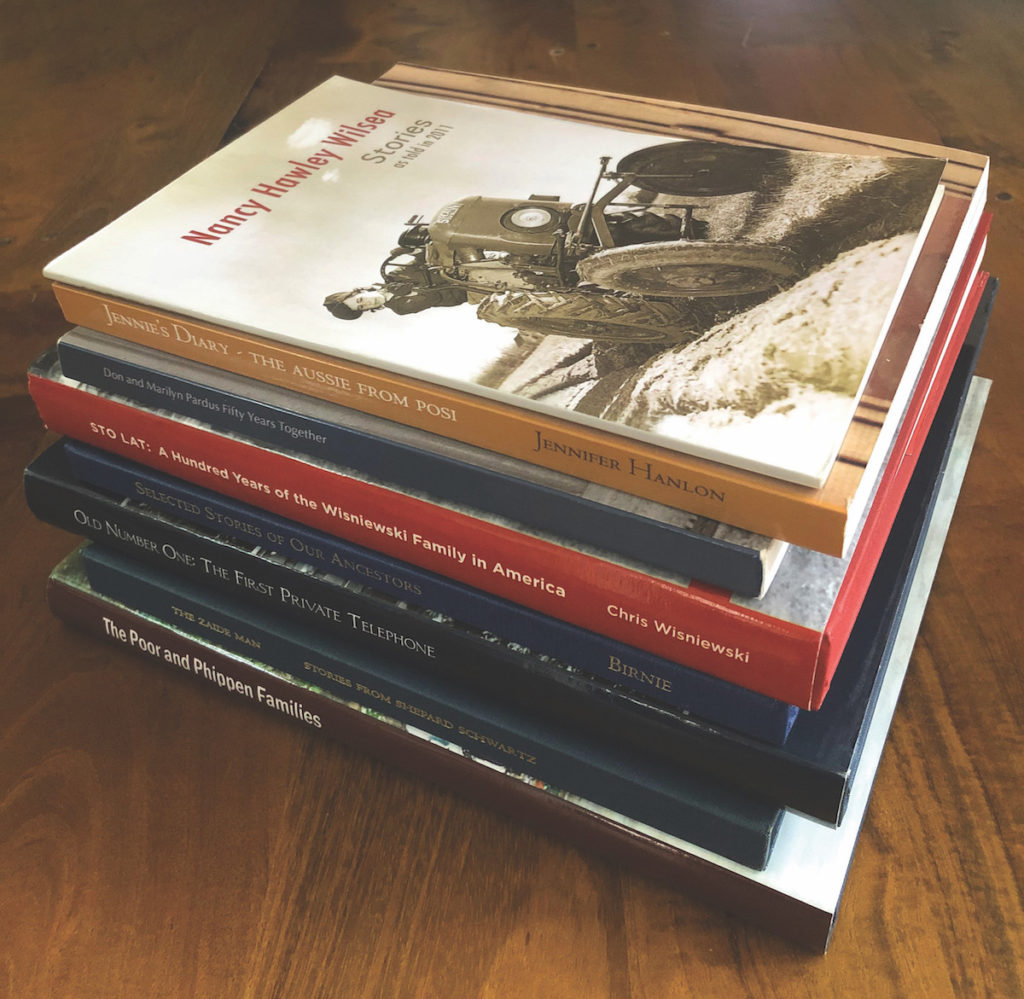John F. Clark died peacefully at his home in Eastham on April 18, 2025, with his wife, Jo Leal Clark, his caregivers, including Timm Condon, and a few close friends toasting and singing to him. The VNA Hospice had been providing care for him since early March. He was 91.

John was born in West Ham, London, England, the only child of Ellen and Harold Clark, on Nov. 22, 1933; people often commented on his 11-22-33 birthdate. The date foretold his future: it is the feast day of Saint Cecilia, patroness of music and musicians, and also Lebanese Independence Day.
He grew up in Essex, England. In primary school, the music teacher held up an oboe and asked if anyone would like to play it. John’s hand shot up, leading him to a lifetime of trials and tribulations making double reeds.
His first degree with honors was from the University of Sussex. He was awarded a French government scholarship to study at the Sorbonne for a year. He then joined the British Council and was sent to Beirut, Lebanon.
He left the Council after two years because he had fallen in love with Beirut and did not want to leave. He became a lecturer at the American University of Beirut and earned a master’s degree there in 1973. In 1975, the university funded his pursuit of a Ph.D., which he completed at the University of Wisconsin-Madison in 1982, concentrating on medieval literature.
John returned to the university in Beirut while his first wife, Anne, and their two children remained in Madison. Snipers and car bombs made Beirut a difficult place to live and work, but everyone at the school was committed to keeping the university whole. In late 1983, the university’s president, Malcolm Kerr, was assassinated in his office. The following spring, a death threat was issued to all foreign faculty, and a two-day airlift by U.S. and U.K. military began.
John returned to the U.S., was offered a position as visiting professor at UCLA, and moved to Santa Monica, Calif. It was there that John met Jo Leal. In 1988, they became engaged and decided to move to Washington state, where he joined the staff at Central Washington University in Ellensburg. They married on the first day of spring of 1989.
John retired from teaching in 1992. During a visit to Cape Cod later that year, John declared, “I want to live here for the rest of my life.” He returned that fall and found an antique Greek Revival farmhouse crying out for someone to rescue it. They bought it without Jo Leal seeing it. Restoration began in 1993, and by 2001 the house was featured on the Eastham historical house tour.
John found many things to occupy him on the Cape. He became an announcer for WFCC, the Cape’s classical music station, joined the Cape Symphony Orchestra as second oboe, and began a series of talks for the orchestra before each concert. He opened the Inquiring Mind in Eastham in 1995, offering classes in literature over the next 22 years. There were no exams or grades, but there was homework. He also became a certified life coach and began playing the cello.
The last years of John’s life were happy and peaceful ones. His friendships were many, and he and Jo Leal enjoyed entertaining friends and attending concerts.
John is survived by his wife, Jo Leal Clark of Eastham; his children, Jonathan Clark of Chapel Allerton, U.K. and Joanne Harrison and husband John of Eatonville, Wash.; his stepdaughters, Jennifer Zielinska of Sopot, Poland, Suzanne Miller of Bainbridge Island, Wash., and Alison Hatletveit of Bainbridge Island; his grandchildren, Sierra Chaltry, Benjamin Harrison, and Gillian Harrison; and his first wife, Anne.
His ashes joined those of his parents at the South Essex Crematorium, Borough of Havering, London, on May 21. Memorial donations may be made to the Cape Cod Chamber Music Festival or the Meetinghouse Chamber Music Festival.

